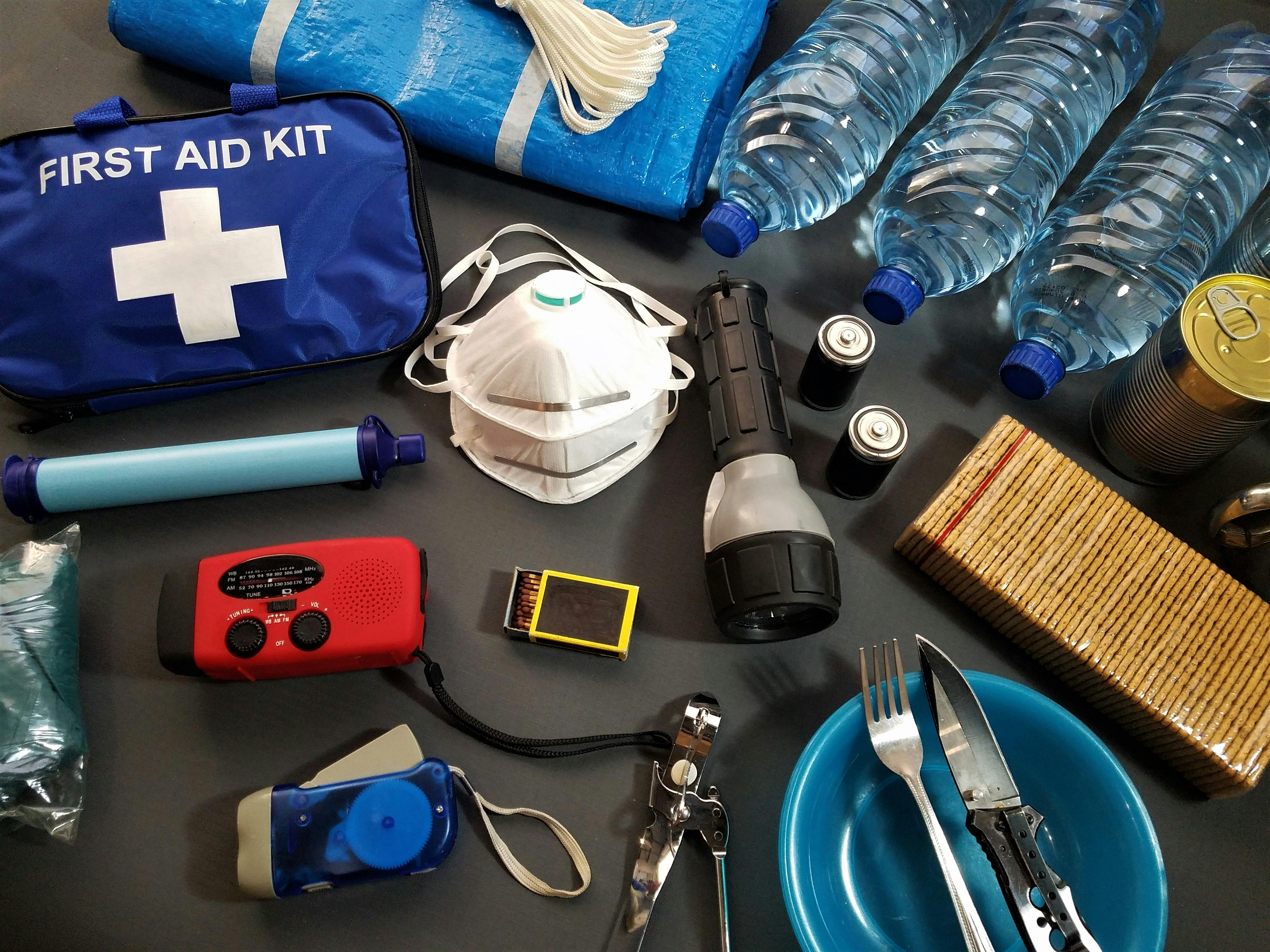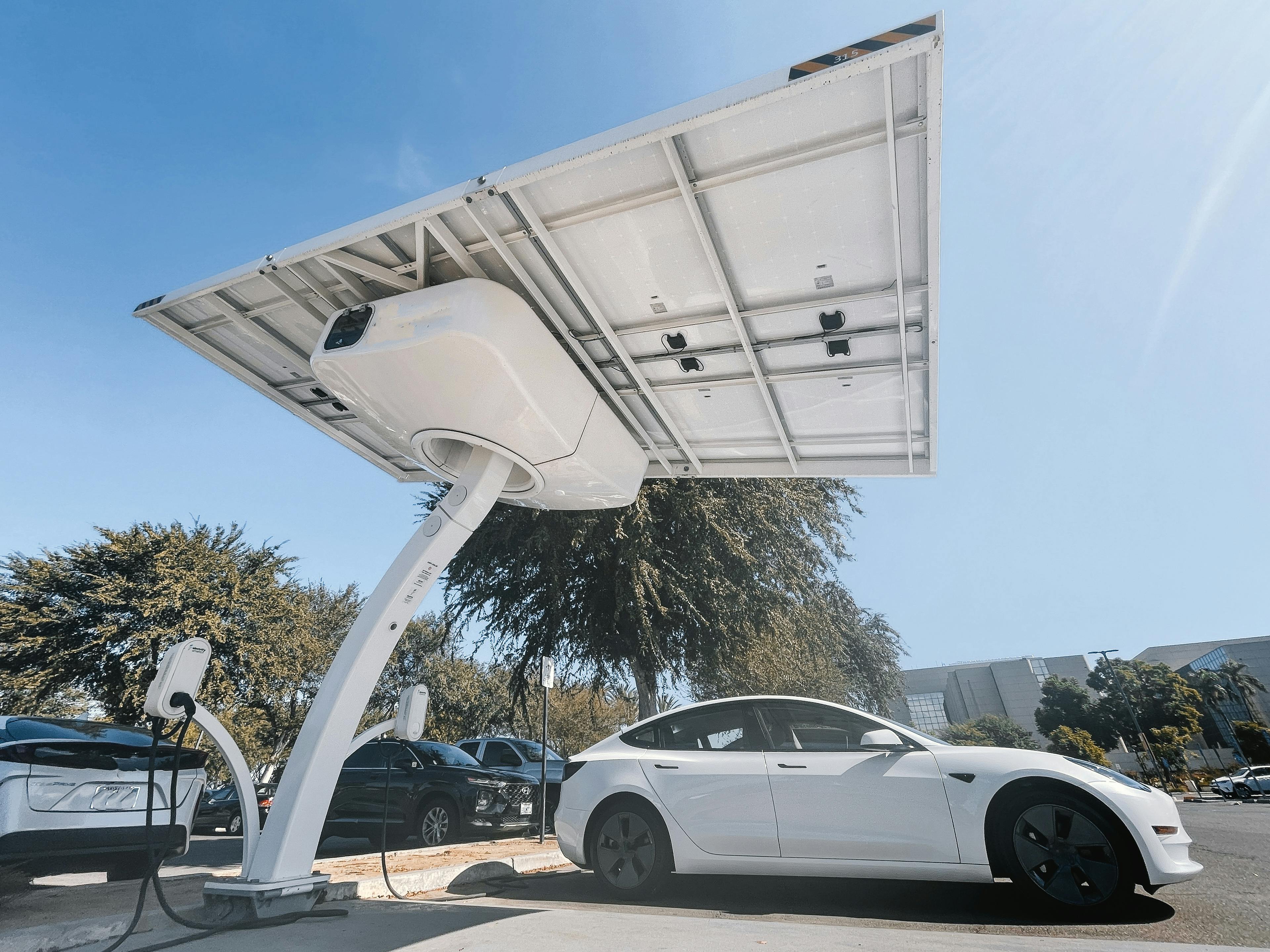Distilled water is a key component of car batteries, as it helps to maintain the battery’s internal chemistry and keep the cells filled with electrolyte. Using distilled water to replace lost electrolyte will help maximize your battery’s capacity and keep it running for longer. In this article, we’ll explain why you should use distilled water in your car battery and how to do it safely.Distilled water is water that has been boiled and then condensed back into a liquid form. It is free from minerals and other impurities, making it an ideal choice for drinking, cooking and other uses where pure water is desired.
What Is a Car Battery?
A car battery is an essential component of any vehicle, as it provides electrical power to the car’s starter motor and ignition system. It is also used to power the car’s lights, radio, and other electrical accessories. The battery is made up of several cells, each containing a combination of lead and acid that produces electricity when charged. Car batteries are rechargeable and need to be periodically replaced as they can eventually become weak or fail. When shopping for a new car battery, it is important to consider the size and type of battery needed for your specific make and model of car. Additionally, you should also consider the battery’s cold cranking amps (CCA) rating, which indicates how much electrical current the battery can produce in cold temperatures.
It is important to regularly check the condition of your car’s battery in order to ensure that it is functioning properly. Common signs that a battery may need replacing include difficulty starting the engine, dim headlights or interior lights, slow response from electrical accessories such as windows or radio, or an illuminated check engine light. If any of these occur frequently, it may be time to replace your
Pros of Using Distilled Water in a Car Battery
Using distilled water in a car battery can offer several advantages. Firstly, it helps to prevent corrosion from occurring on the battery’s internal components. This is because distilled water contains fewer minerals than tap water, meaning it is less likely to cause mineral deposits that can lead to corrosion. Additionally, it helps to keep the battery’s electrolyte levels optimal, which is important for maintaining its performance and prolonging its life. Furthermore, distilled water is less likely to cause any electrical shorts or damage the battery’s cells due to its conductivity levels being significantly lower than those of tap water.
Cons of Using Distilled Water in a Car Battery
Unfortunately, using distilled water in a car battery also has some drawbacks. Firstly, as mentioned above, when used in extremely hot climates, it can cause the electrolyte levels to drop too low which can adversely affect the battery’s performance and lifespan. Additionally, if not monitored regularly, distilled water can evaporate quickly and need replacing sooner than tap water would. Finally, distilled water tends to be more expensive than tap water and therefore may not
Testing the Quality of Distilled Water
Distilled water is a type of purified water that has had both impurities and minerals removed. To ensure the quality of distilled water, it should be tested for certain characteristics. Tests for pH, electrical conductivity and total dissolved solids can help determine whether the distilled water is of high quality.
The pH level of distilled water should be around 7, which is considered neutral. Testing the pH level ensures that no contaminants are present in the water. If the pH level is above 7, then the presence of alkaline substances may be detected, while a reading below 7 could indicate an acidic substance in the water.
Electrical conductivity tests measure how well electricity flows through a liquid. Distilled water is expected to have very low electrical conductivity as it has no dissolved salts or other minerals that can conduct electricity. A higher reading than expected could indicate contamination in the distilled water.
Total dissolved solids are any substances that are present in a liquid in minute amounts and can be measured in parts per million (ppm). This includes substances such as
Using Distilled Water for Car Battery
Using distilled water for your car battery is a great way to maintain the health of your vehicle’s battery. Distilled water has been purified of minerals, salts, and other impurities that can damage the battery, making it a good choice for maintaining your car battery’s performance. Here are a few steps you can take to make sure you use distilled water correctly in your car battery.
First, make sure that the distilled water you are using is free of any contaminants or impurities. You should also check the pH level of the water before adding it to your car battery. To do this, use a pH meter to test the water and make sure it is within an acceptable range. If it is not, then you should discard the water and find a suitable replacement.
Next, make sure that you have all the necessary safety precautions in place before attempting to add distilled water to your car battery. Make sure that you are wearing protective eyewear and gloves as well as ensuring that there are no open flames or sparks near where you will be working. You

Advantages of Using Distilled Water in a Car Battery
Using distilled water in a car battery offers a number of advantages. It helps to keep the battery clean, as there are no minerals or impurities present in the water that could build up on the battery plates. This can help to extend the life of the battery and ensure it performs at its best. Distilled water also helps to maintain a reliable pH level in the electrolyte solution, which is necessary for optimal performance. Finally, distilled water is pure and free from any contaminants that could damage the internal components of the battery. As such, it is an ideal choice for refilling car batteries.
Another advantage of using distilled water in a car battery is that it can help to protect against corrosion and premature failure. The electrolyte solution in a car battery contains sulfuric acid, which can cause corrosion if allowed to accumulate on metal surfaces. By using distilled water instead of tap or mineral water, this problem can be greatly reduced. Furthermore, distilled water does not contain any organic material that could decompose over time and contaminate the electrolyte solution.
Finally, using distilled
Advantages of Using Distilled Water in a Car Battery
Using distilled water in a car battery can be beneficial for its proper functioning. Distilled water is essentially pure water, with all the impurities, such as minerals and salts, removed from it. This means that it does not contain any corrosive elements that can cause damage to the inner components of the battery. Additionally, it also helps to maximize the life of the battery by reducing corrosion on its interior parts. Furthermore, distilled water is also better at conducting electricity than ordinary tap water, which means that it helps to increase the efficiency of the battery and therefore its lifespan. Finally, using distilled water can also help to prevent any build-up of sediment on the terminals of the battery, which can otherwise cause problems with its charging and discharging capabilities.
Disadvantages of Using Distilled Water in a Car Battery
On the other hand, using distilled water in a car battery can have some drawbacks as well. For instance, since distilled water does not contain any minerals or salts that can help to maintain the electrolyte balance necessary for proper functioning of a car battery,
Adding Distilled Water to a Car Battery
To ensure your car battery is running optimally, you should periodically check the water levels and add distilled water as needed. Adding distilled water to a car battery is not difficult, but it is important to do it correctly. Here are some tips for adding distilled water to a car battery:
1. Make sure the car is off and that the terminal caps are securely in place. You should also wear protective gear such as gloves and goggles when working with the battery.
2. Open the terminal caps by turning them counterclockwise with a wrench or screwdriver. You may need to use pliers if they are stuck or very tight.
3. Check the water level in each cell of the battery and add distilled water as needed, filling each cell up to about 1/4 inch from the top. Do not overfill as this can cause damage to the battery or cause it to leak acid.
4. Once all cells have been filled, replace the terminal caps and tighten them securely with a wrench or

Conclusion
In conclusion, distilled water can be used to top up a car battery, but it should never be used to completely fill it up. If the electrolyte level drops too low, you should use a proper watering solution that is specifically designed for car batteries. If you are uncertain about the electrolyte level of your car battery, it is best to have an expert check it out for you.
It is important to remember that distilled water does not contain electrolytes which are needed for the battery to produce and store electricity. Therefore, if you do use distilled water in your car battery, make sure to add a proper watering solution as soon as possible. This will ensure that your battery stays healthy and continues to operate at its best.
By following the advice above, you can keep your car battery running smoothly and safely with minimal effort on your part.

